‘Putin’s henchmen’: should lawyers be barred from acting for oligarchs?
Ministers have accused ‘amoral’ lawyers of working for allies of Russian president
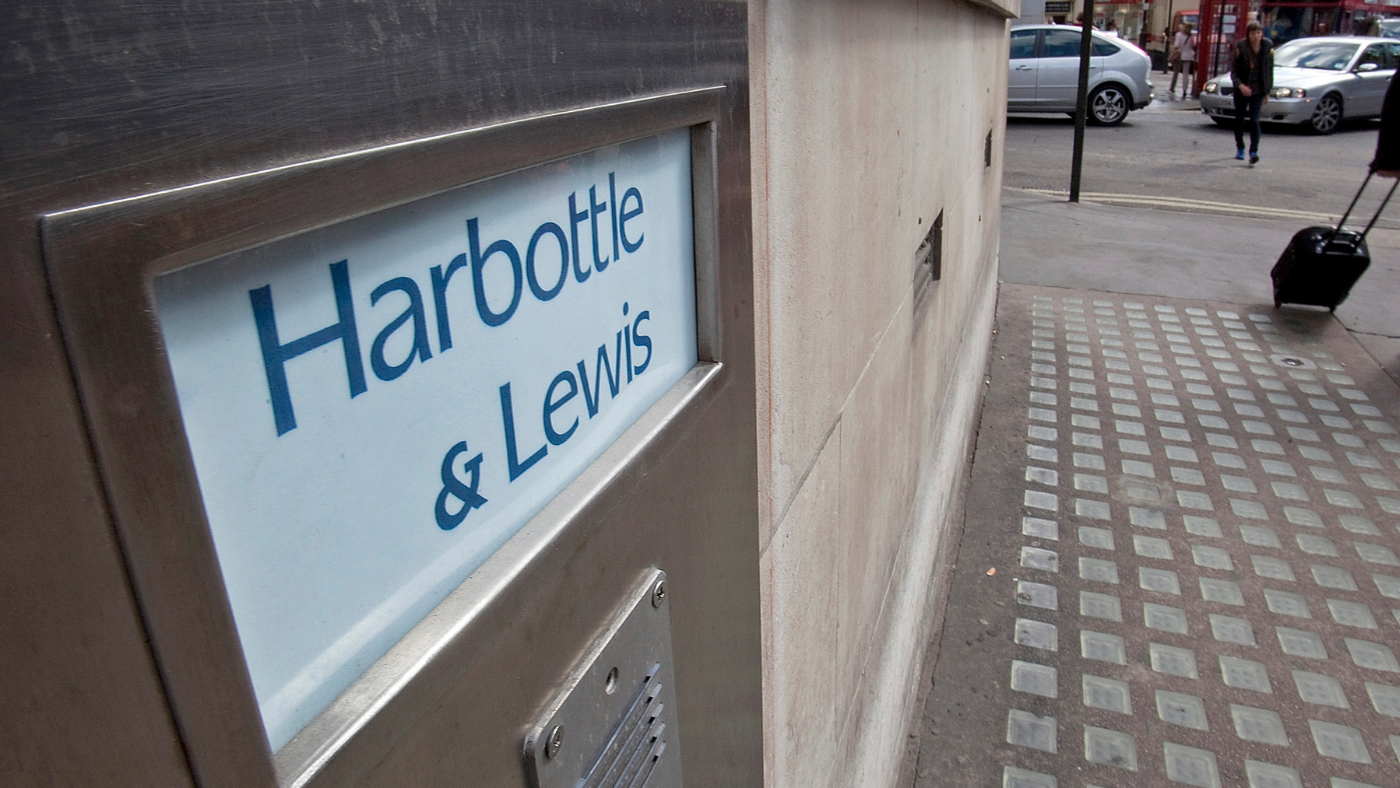
A free daily email with the biggest news stories of the day – and the best features from TheWeek.com
You are now subscribed
Your newsletter sign-up was successful
Since Russia’s invasion of Ukraine and the subsequent sanctions imposed on oligarchs’ assets, UK law firms have come under increased scrutiny for their work with these high net-worth individuals.
In March, Health Secretary Sajid Javid said that “white-collar collaborators” should be challenged over their work with wealthy Russians close to President Vladimir Putin, including lawyers. Addressing the Commons, Conservative MP Bob Seely also accused “amoral lawyers” of teaming up with “Putin’s henchmen” to help protect their assets and offer “a form of legalised intimidation to silence their rivals”.
“People have the right to advice and legal representation, but they are abusing it very, very badly in our society at the moment”, Seely told fellow MPs.
The Week
Escape your echo chamber. Get the facts behind the news, plus analysis from multiple perspectives.

Sign up for The Week's Free Newsletters
From our morning news briefing to a weekly Good News Newsletter, get the best of The Week delivered directly to your inbox.
From our morning news briefing to a weekly Good News Newsletter, get the best of The Week delivered directly to your inbox.
Newspapers have also told ministers that “prestigious British law firms” have helped oligarchs to “prevent legitimate media scrutiny of their activities”, The Guardian reported. So should there be a clampdown on the country’s legal sector?
Who’s working for who?
Seely “questioned the morality” of four lawyers during his address to MPs, said the Evening Standard. He used parliamentary privilege to name John Kelly from Harbottle & Lewis, Geraldine Proudler from CMS, Nigel Tait from Carter Ruck and Hugh Tomlinson QC from Matrix Chambers and accuse them “of working on behalf of Putin’s allies”, City A.M. reported.
Kelly and Proudler acted for oligarchs Roman Abramovich, Mikhail Fridman and Petr Aven in a court hearing in which they sued journalist Catherine Belton over her book Putin’s People, according to The Times. Tomlinson also “appeared for Abramovich” in the case.
Tait has worked for Boris Berezovsky, “the late Russian who was first a party colleague of Putin before falling out with him”, the paper continued.
A free daily email with the biggest news stories of the day – and the best features from TheWeek.com
Foreign Office minister James Cleverly also said that BCL Solicitors LLP had contacted his department on behalf of “billionaire business-magnate” Alisher Usmanov, The Law Gazette reported. An investigation into the assets of 35 oligarchs close to Putin has identified $3.4bn (£2.6bn) worth of assets belonging to Usmanov, the former Arsenal shareholder, said the BBC.
Oligarchs “play essential roles in Putin’s Russia”, said The Atlantic. “They provide invaluable public support for the regime, lead key companies and institutions, and distract attention from and, by some accounts, help conceal the president’s own enormous wealth”.
In a 2020 report, the Atlantic Council estimated that around $1tn (£750bn) of “dark” Russian money is hidden overseas and around a quarter of this is controlled by Putin and his closest allies.
“This money can be exploited and steered by the Kremlin for espionage, terrorism, industrial espionage, bribery, political manipulation, disinformation, and many other nefarious purposes,” the report warned.
Lawyers, or the law?
Some law firms have severed ties with their Russian clients, such as Norton Rose Fulbright, while others are now facing more frequent compliance checks.
According to minutes from a board meeting of the Solicitors Regulation Authority, the watchdog is “carrying out spot inspections” on the law firms named in the parliamentary debate, said The Times. Officials are “reminding firms of their obligations to comply with anti-money laundering requirements and the sanctions regime” to ensure “they understand their obligations and the importance of compliance in this area”.
The Law Society has also said that it is working to support solicitors challenging the government’s imposition of sanctions on its clients.
“Solicitors are highly regulated and are not allowed to bring spurious objections to processes – if they challenge the government’s actions, it’s because they think the government is at risk of breaking its own rules,” the society’s president Stephanie Boyce said in a statement.
And while London lawyers may not be “blameless”, lawyer and journalist David Allen Green wrote in the Financial Times that “focusing on the moral choices made by individual lawyers only goes so far in understanding how oligarchs use and abuse English law”.
Lawyers, he pointed out, “can only act within the framework provided by the law and the court system. And it is substantive law and procedure that makes London attractive to oligarchs, and not the charms of its advocates”.
-
 How the FCC’s ‘equal time’ rule works
How the FCC’s ‘equal time’ rule worksIn the Spotlight The law is at the heart of the Colbert-CBS conflict
-
 What is the endgame in the DHS shutdown?
What is the endgame in the DHS shutdown?Today’s Big Question Democrats want to rein in ICE’s immigration crackdown
-
 ‘Poor time management isn’t just an inconvenience’
‘Poor time management isn’t just an inconvenience’Instant Opinion Opinion, comment and editorials of the day
-
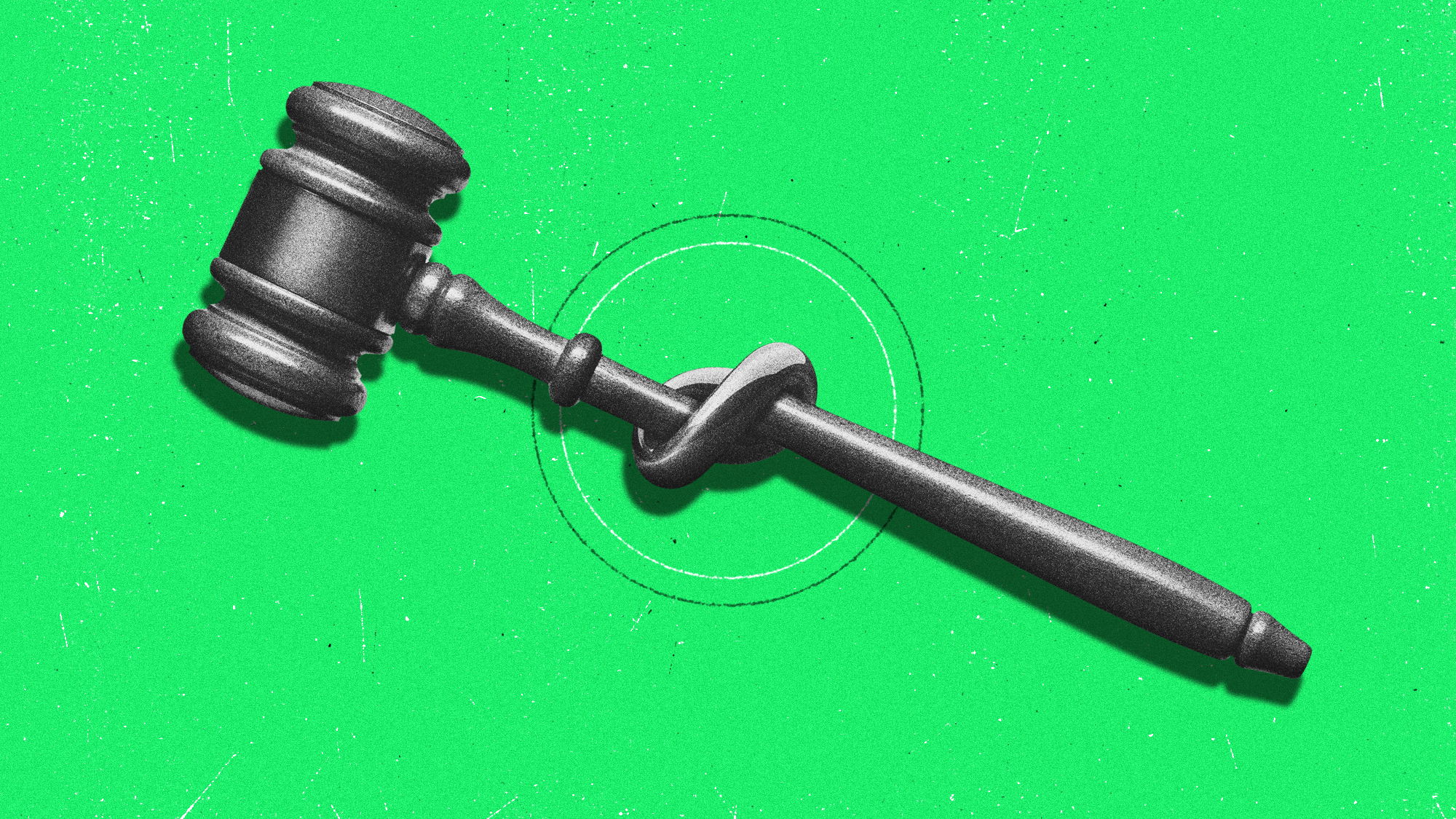 ICC under attack: can court continue to function?
ICC under attack: can court continue to function?Today's Big Question US sanctions 'designed not only to intimidate court officials and staff' but 'also to chill broader cooperation', say rights group
-
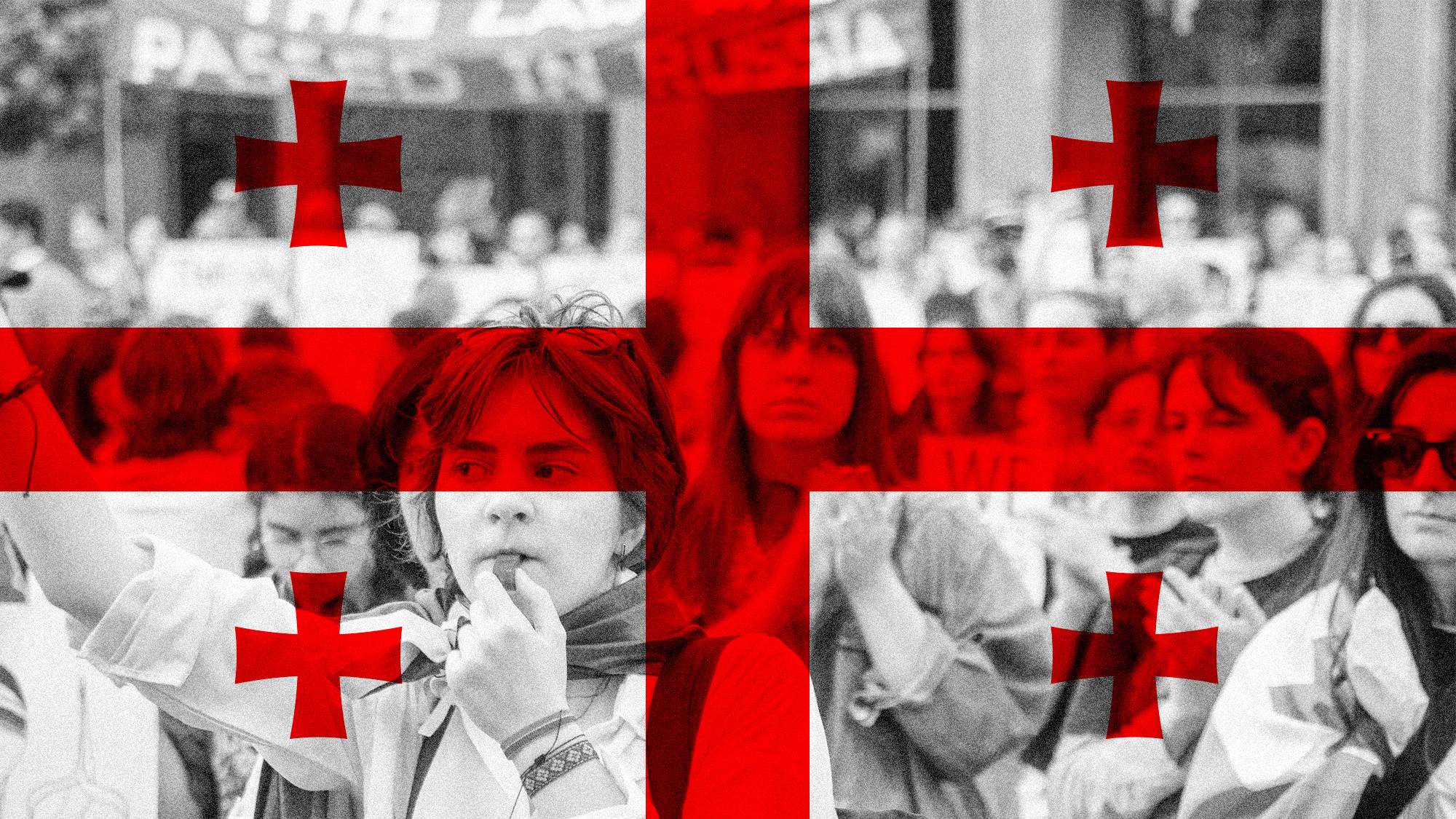 Georgia's new foreign influence bill
Georgia's new foreign influence billUnder the Radar Critics claim the 'Russian law' could stifle dissent and wreck the country's chances of joining the EU
-
 Will South Africa's genocide case against Israel stop war in Gaza?
Will South Africa's genocide case against Israel stop war in Gaza?Today's Big Question The claim is 'tightly argued' but ICJ's rulings are often ignored
-
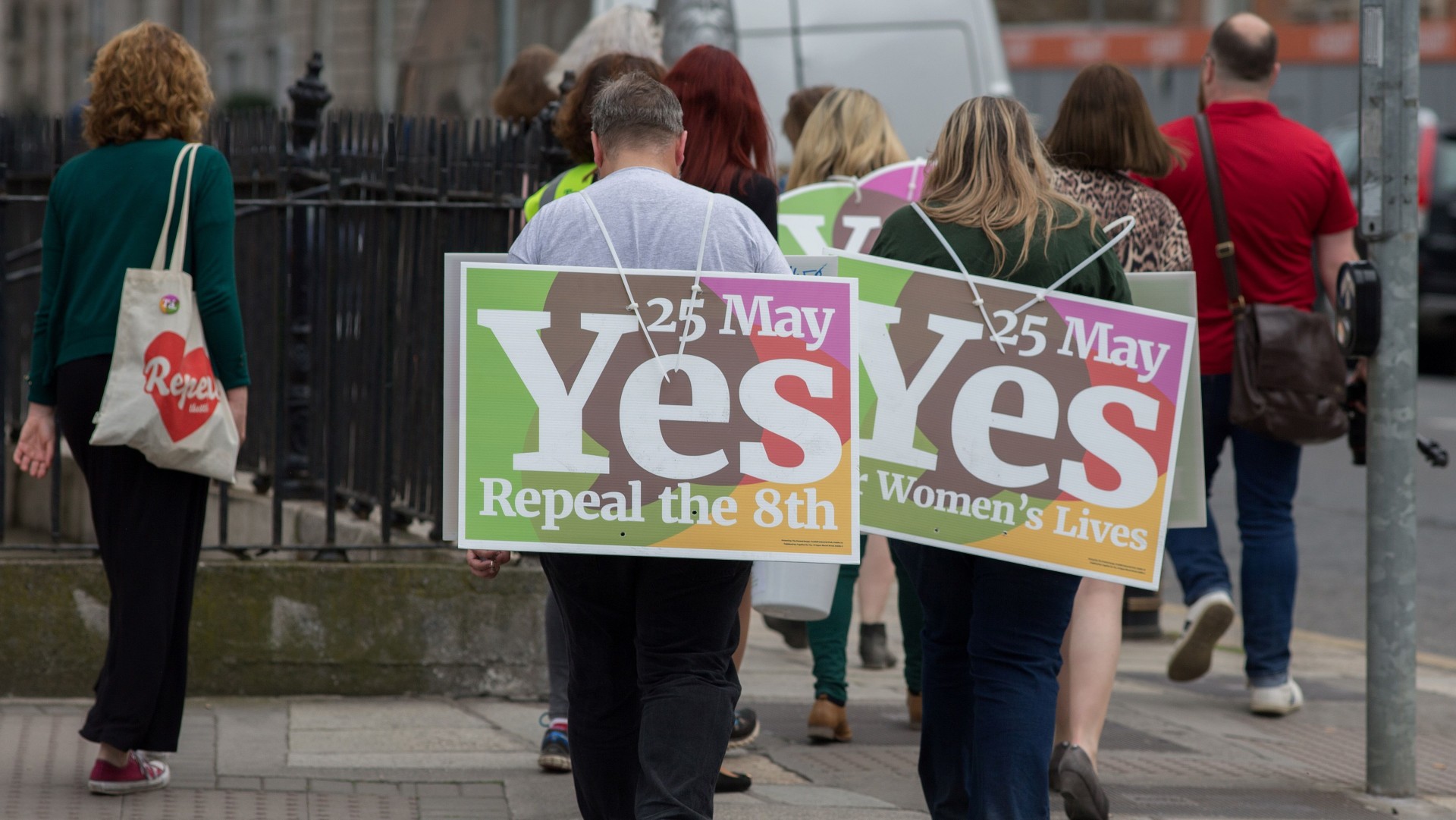 Repeal the Eighth: how have abortion services changed in Ireland five years on?
Repeal the Eighth: how have abortion services changed in Ireland five years on?Today's Big Question Report finds access is still limited and unequal, but proposed legislation changes may be delayed
-
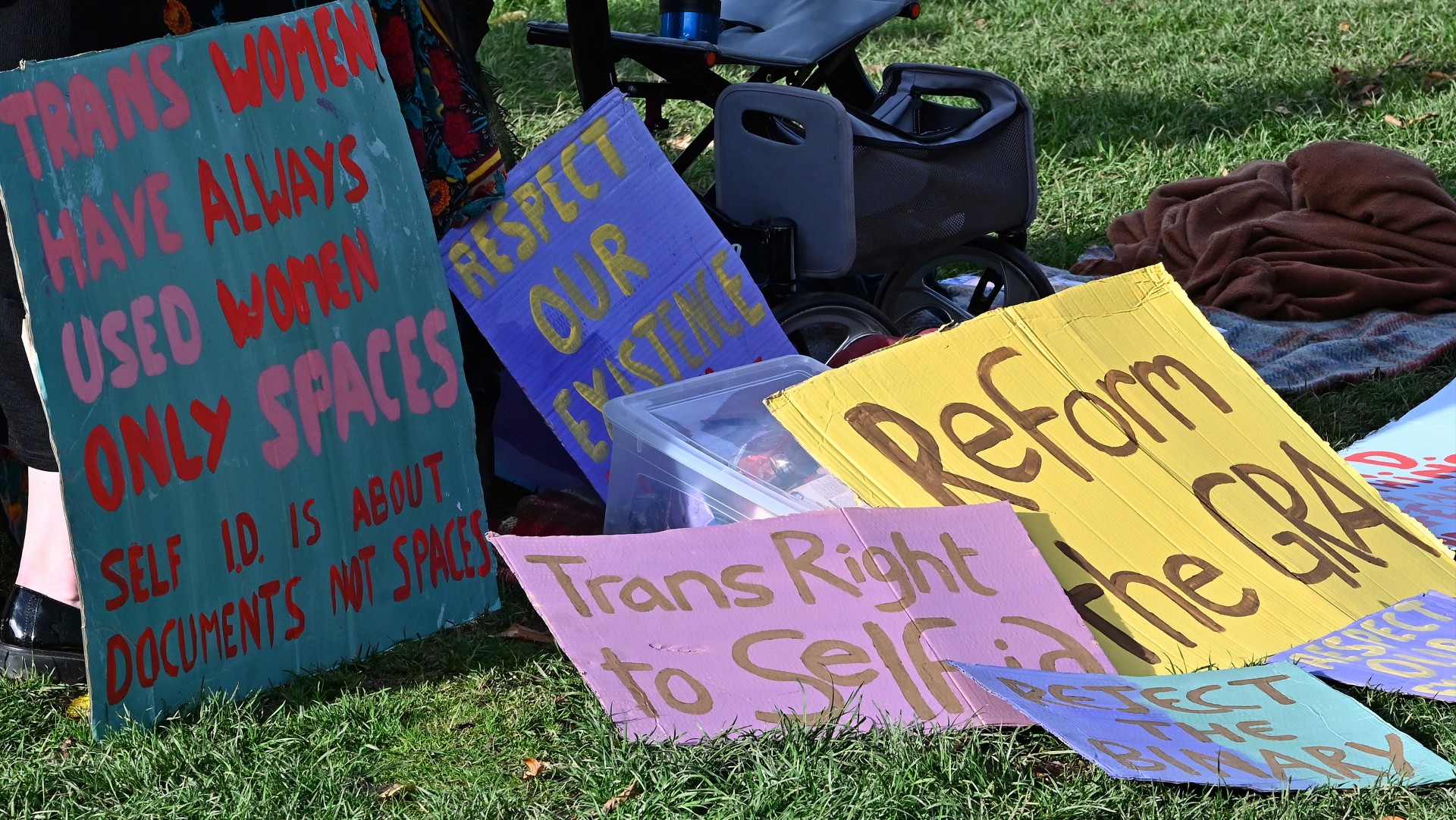 Battle of Britain: will Rishi Sunak block Scotland’s gender recognition law?
Battle of Britain: will Rishi Sunak block Scotland’s gender recognition law?Today's Big Question Prime minister reportedly set to use constitutional ‘nuclear option’ in showdown with Holyrood over the legislation
-
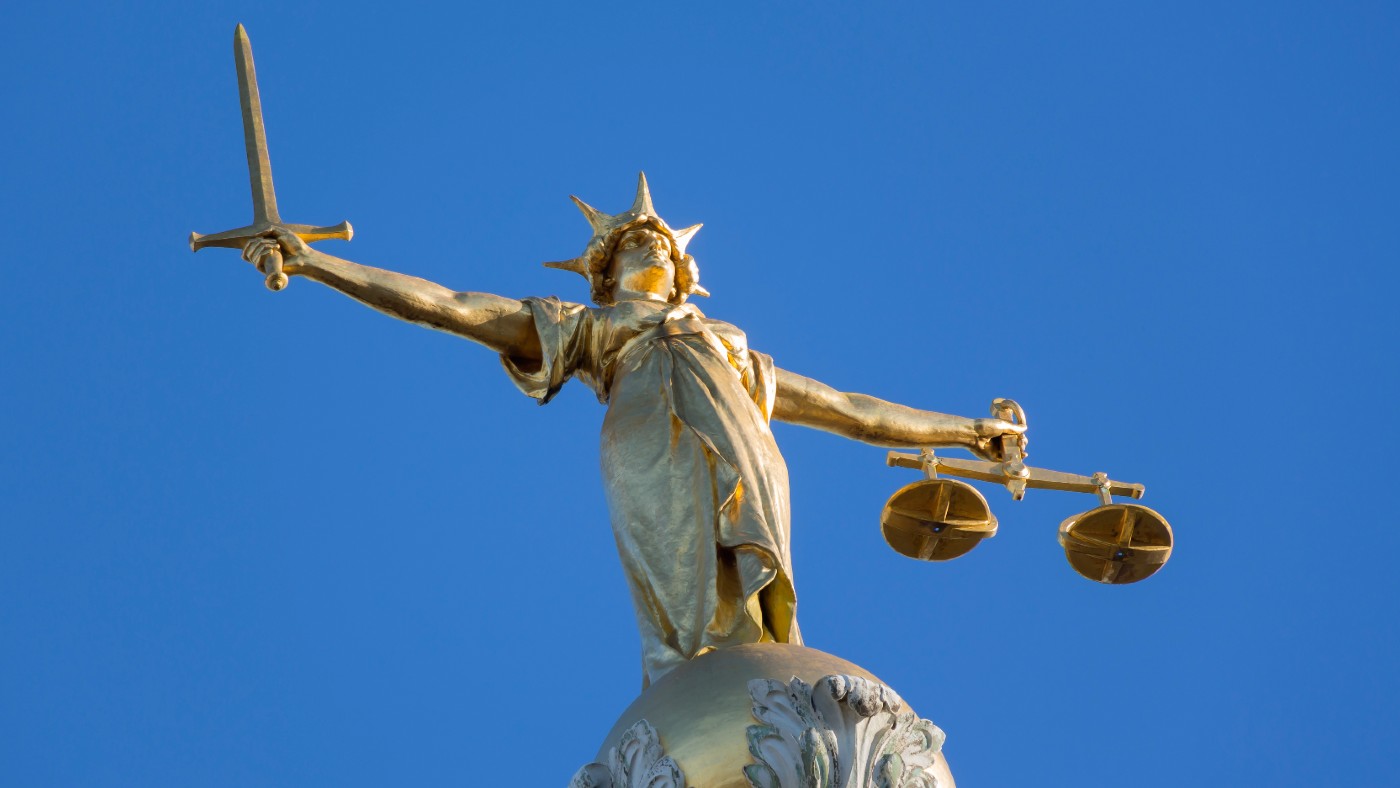 What’s causing the ‘chaos’ in the UK criminal justice system?
What’s causing the ‘chaos’ in the UK criminal justice system?Today's Big Question Shortage of prison cells and real-terms pay cut for solicitors has increased talk of ‘crisis’
-
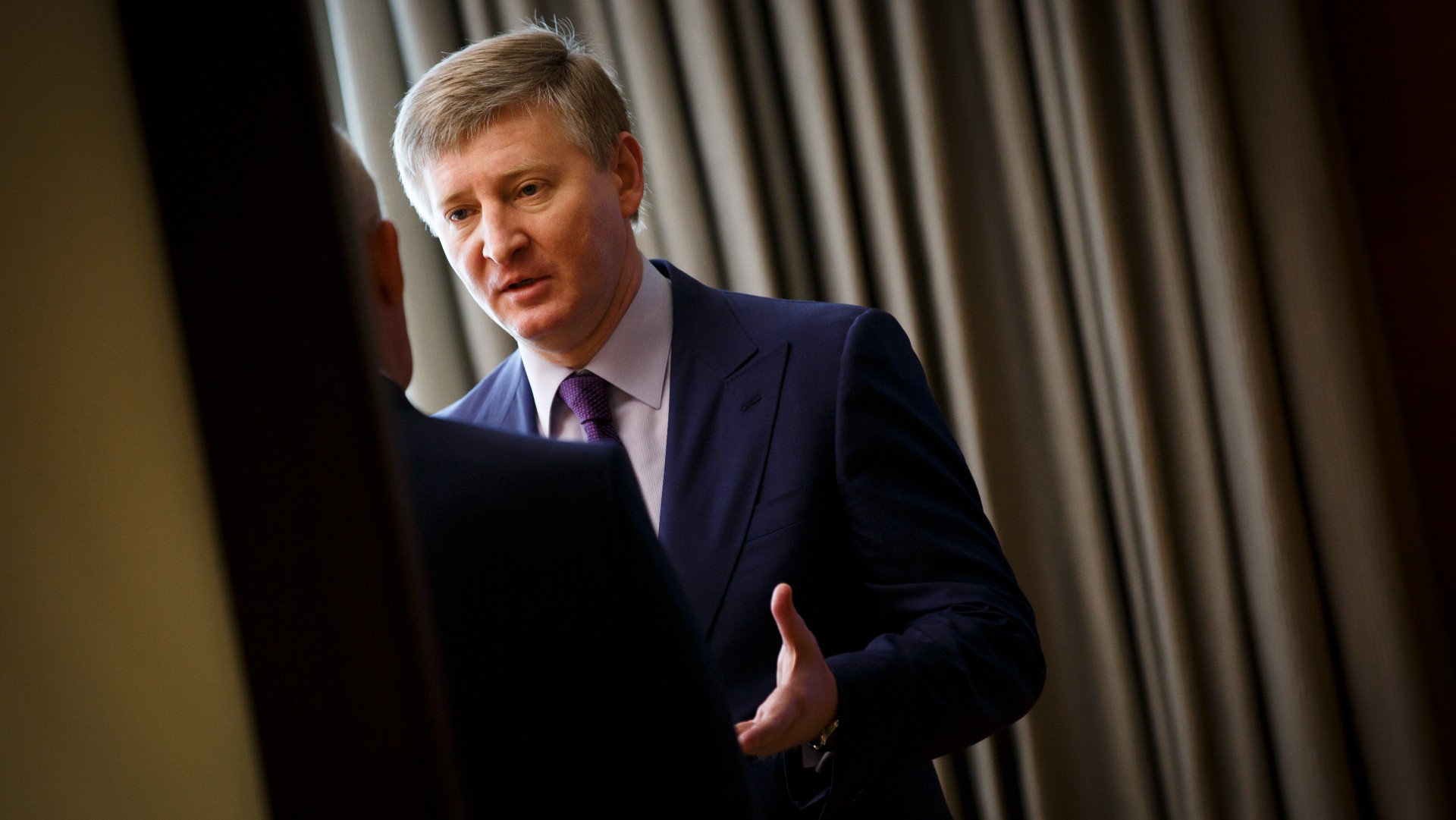 Rinat Akhmetov: the richest man in Ukraine sues Russia
Rinat Akhmetov: the richest man in Ukraine sues RussiaIn the Spotlight Steel magnate says invasion has cost him billions and violated his property rights
-
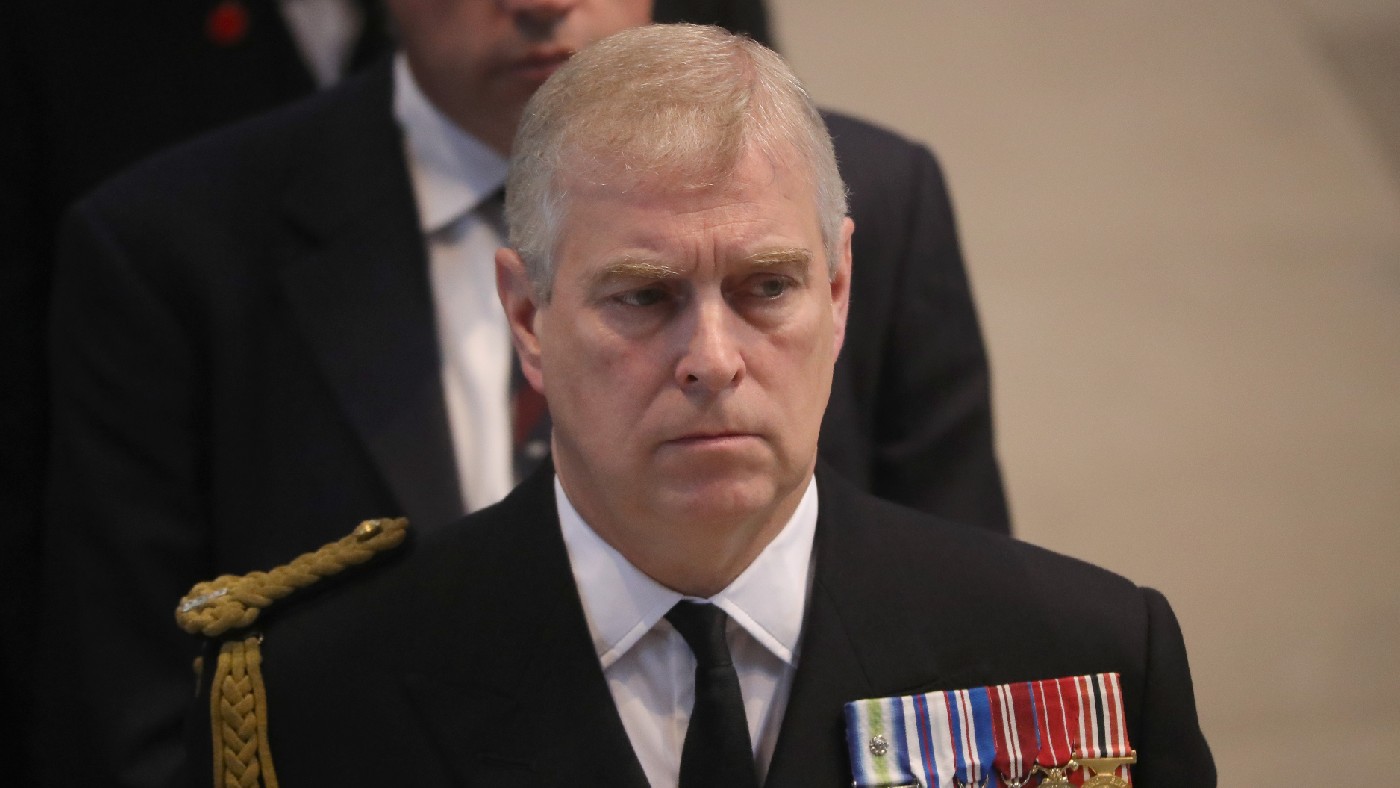 What next for Prince Andrew after sex abuse case settlement?
What next for Prince Andrew after sex abuse case settlement?Today's Big Question Campaigners ask how Duke of York is funding payout to Virginia Roberts Giuffre and ‘substantial donation’ to victims’ rights charity